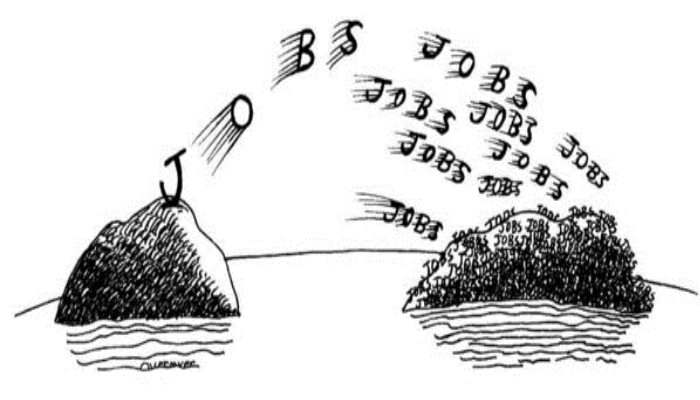
Former Telstra staffer questions offshoring
For years Telstra has denied that its ongoing problems with customer service and, more recently, network performance have anything to do with the offshoring of jobs that has occurred over the last decade.
But in a recent opinion piece in industry newsletter Communications Day, former Telstra insider Rod Bruem tells a different story.
Bruem, a journalist of Now We Are Talking fame, spent 16 years in Telstra’s communications and public policy unit, so he has been in a good position to observe the changes in the company over that time – including what he describes as the “massive” wave of offshoring that occurred under David Thodey and is continuing under Andy Penn.
According to Bruem, while “long suffering” Telstra customers may have some chance of getting simple problems fixed, give Telstra’s call centres something complex to deal with “ like [a report that] a mobile base station is down on a neighbouring rural property and they just have no idea. They’ll wish you a nice day and then nothing happens”.
The reason?
These days, “you’re dealing with big and complex systems in challenging environments” says Bruem. “It’s not easy for a low-paid worker with a moderate understanding of Australian English.”
Quite. Though as the CWU has pointed out in a response to Bruem, this is not the whole story.
The CWU believes that the whole offshoring model that Telstra has adopted relies on an ultimately arbitrary distinction between low level and higher level tasks. While such categories as simplex and complex have long had their use in the company, when they become the basis of creating two separate workforces they are likely to act as a barrier to problem solving.
The CWU welcomes Bruem’s contribution to this debate ..but it has much further to run. E-bulletin readers wanting to read the full text of Bruem’s piece and the CWU’s response can find the articles here










